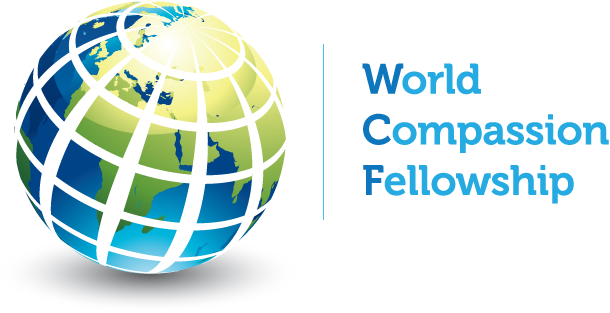Haiti Educational Sponsorships
What We Provide:
World Compassion Fellowship (WCF) provides educational sponsorships for at-risk children and youth in Haiti. Our program supports students from primary school through university.
- Tuition Fees (ranging from $150 to $2,500 USD per semester)
How We Help
WCF has been involved in Haiti since its inception in 2006 by sponsoring humanitarian food programs, education sponsorships, mobile medical and job skills teaching teams and a Life Center. We have seen young children who started in our partner ministry's food program (also part of WCF's Humanitarian projects) grow up from abject poverty to become professional Computer Programmers and Medical Doctors thanks to faithful year after year support.
WCF has provided educational sponsorships to children from primary school to young adults in University studying diverse subjects such as Computer Technology to Agronomy. WCF has partially sponsored more than 200 children’s education since 2019.
Background
Haiti is grappling with a deepening crisis as escalating gang violence compounds existing challenges of poverty, food insecurity, and lack of education. Gangs now control significant portions of the country, disrupting daily life, restricting movement, and making it unsafe for families to access essential services or earn a living. This instability has worsened the already dire economic conditions, with 60% of the population living on less than $2.41 a day. Many families cannot afford even one hot meal daily.
Public education in Haiti is severely limited, with 80% of primary schools privately owned and requiring tuition fees, leaving half of all children out of school. Secondary school attendance is only 36%, and 60% of children drop out by the sixth grade. Families living in the Ravines or other shantytown areas often cannot afford tuition, basic uniforms, or school supplies, further widening the gap in educational access. As a result, the average Haitian aged 25 or older has fewer than five years of schooling, and very few pursue higher education, severely restricting opportunities for success in the labor force. The combined effects of violence, hunger, and lack of education leave much of the population trapped in a cycle of poverty.
To combat these challenges, WCF aims to provide greater access to education and resources for those who would otherwise have no opportunity to break free from these systemic barriers.

